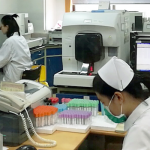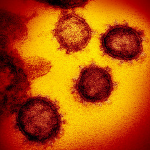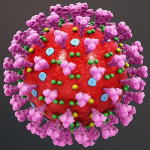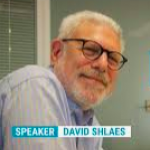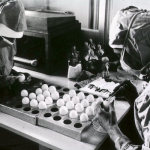If or when the economy collapses -- and especially if the virus keeps spreading anyway -- public sentiment will change quickly and drastically. Americans' trust in the medical establishment may be shaken. Like ventilators, the national supply of goodwill isn't unlimited.
coronavirus
"Test here. Test now. Test, baby, test!" has become the conventional wisdom for handling the COVID-19 pandemic. But false positives and false negatives create substantial problems for mass testing.
No, the novel coronavirus that causes COVID-19 is not a biological weapon. But that doesn't mean the virus didn't escape from a laboratory. A growing body of circumstantial evidence indicates that very well may be what happened.
Different countries may appear to have different death rates, but only because they have applied different sampling and reporting policies to their accounting efforts. It's not necessarily because they are managing the virus any better, or that the virus has infected fewer, or more, people.
The biology of the virus will help us learn how to fight it.
How well we do in assessing the economic outcomes of the COVID-19 lockdown will determine how well we do in the next match. And there will be a next match.
Q: Where do you go to find overpaid, under-sane professors, talking about chemistry when they know nothing about it?
A: MIT, the home of Dr. Stephanie Seneff, who has spent a career making up nonsense about glyphosate. And she's outdone herself this time: Glyphosate causes COVID. Nope, not kidding.
A new review article published in The Lancet concludes that school closures are ineffective at controlling coronavirus epidemics. What else could be wrong with the conventional wisdom about COVID-19?
In the frantic fight to get an effective antiviral into the hands of a terrified world, there's a new kid on the block. This one is called N-hydroxycytidine and it's rather interesting. NHC is a potent inhibitor of coronavirus replication in cells, it's really easy to synthesize and it'll protect you from the virus. (That is, if you're a lab rodent.)
Everyone take a deep breath and relax. During these crazy times, people are making all kinds of wild predictions about what drug or vaccine will work. Dr. David Shlaes takes a sobering look at the chances for any of these therapies to work. It's not as easy as you'd think. We should all lower our expectations a bit.
For a simple drug, there sure is a lot of controversy surrounding hydroxychloroquine -- a malaria drug that's one of a handful of repurposed drugs being evaluated as potential anti-coronavirus treatments. However, hydroxychloroquine (HCQ) doesn't look especially promising. Dr. Katherine Seley-Radtke, Professor of Chemistry and Biochemistry at the University of Maryland-Baltimore County, explains.
Vaccines, antivirals, and antibodies are all possible strategies to treat the novel coronavirus. When will these potential COVID-19 therapies be available? And will they work?

